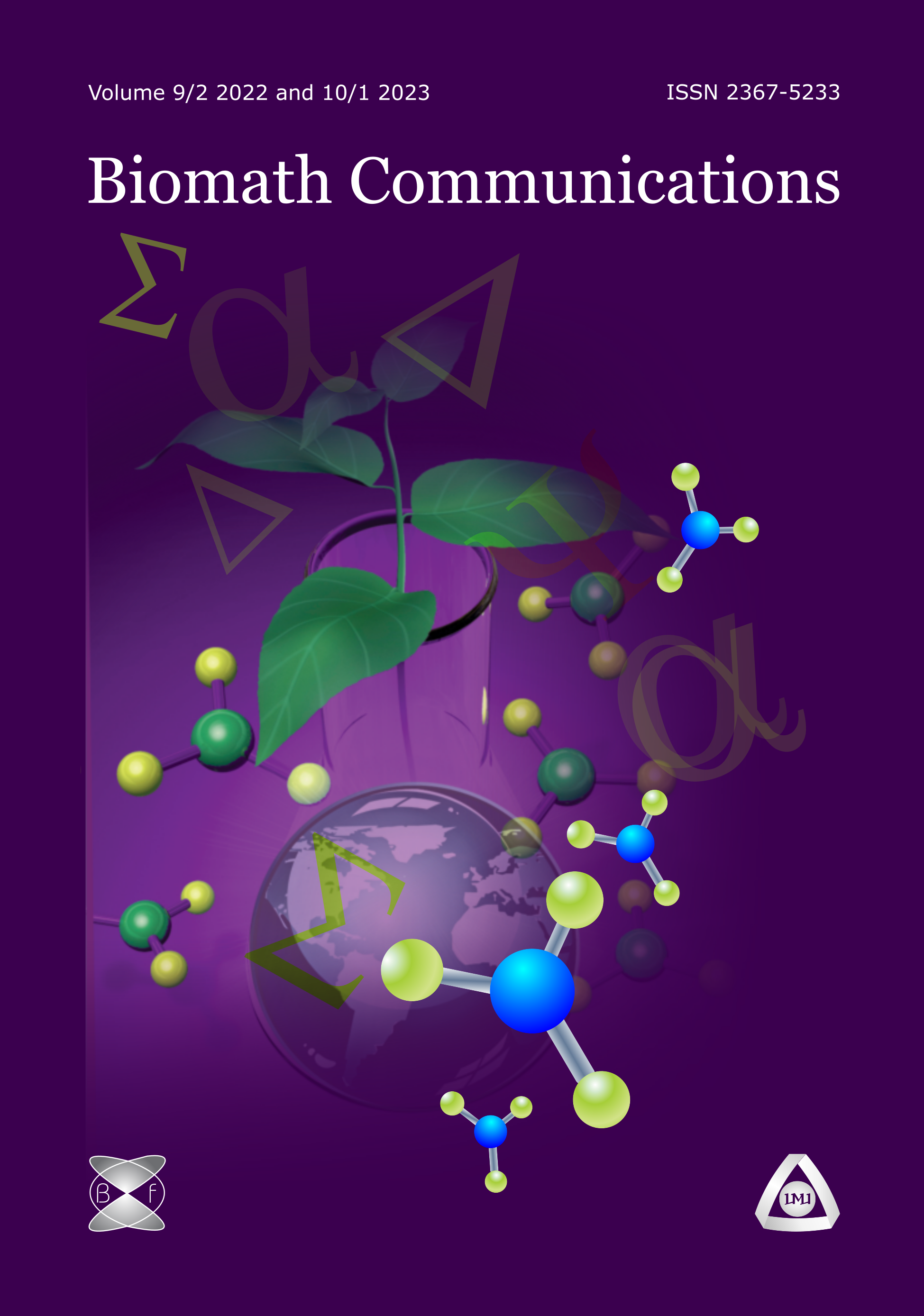Variance Estimators in Branching Processes with Non-Homogeneous Immigration
DOI:
https://doi.org/10.11145/70Abstract
Branching processes with immigration were proposed to study the temporal development of populations of differentiated cells in [3] and more recently in [1]. More specifically, terminally differentiated oligodendrocytes of the central nervous system and leukemia cells were analyzed. In both cases the cell population expanded through both division of existing (progenitor) cells and differentiation of stem cells. The population’s viability was preserved by allowing the immigration distribution to vary in time. We construct conditional least-squares estimators for the offspring variance assuming that the immigration mean increases to infinity over time. The asymptotic normality of the proposed estimators is established. Part of the results was published in ...
Downloads
Published
Issue
Section
License
The journal Biomath Communications is an open access journal. All published articles are immeditely available online and the respective DOI link activated. All articles can be access for free and no reader registration of any sort is required. No fees are charged to authors for article submission or processing. Online publications are funded through volunteer work, donations and grants.
Authors who publish with this journal agree to the following terms:
- Authors retain copyright and grant the journal right of first publication with the work simultaneously licensed under a Creative Commons Attribution License 4.0 that allows others to share the work with an acknowledgement of the work's authorship and initial publication in this journal.
- Authors are able to enter into separate, additional contractual arrangements for the non-exclusive distribution of the journal's published version of the work (e.g., post it to an institutional repository or publish it in a book), with an acknowledgement of its initial publication in this journal.
- Authors are permitted and encouraged to post their work online (e.g., in institutional repositories or on their website) prior to and during the submission process, as it can lead to productive exchanges, as well as earlier and greater citation of published work (See The Effect of Open Access).

